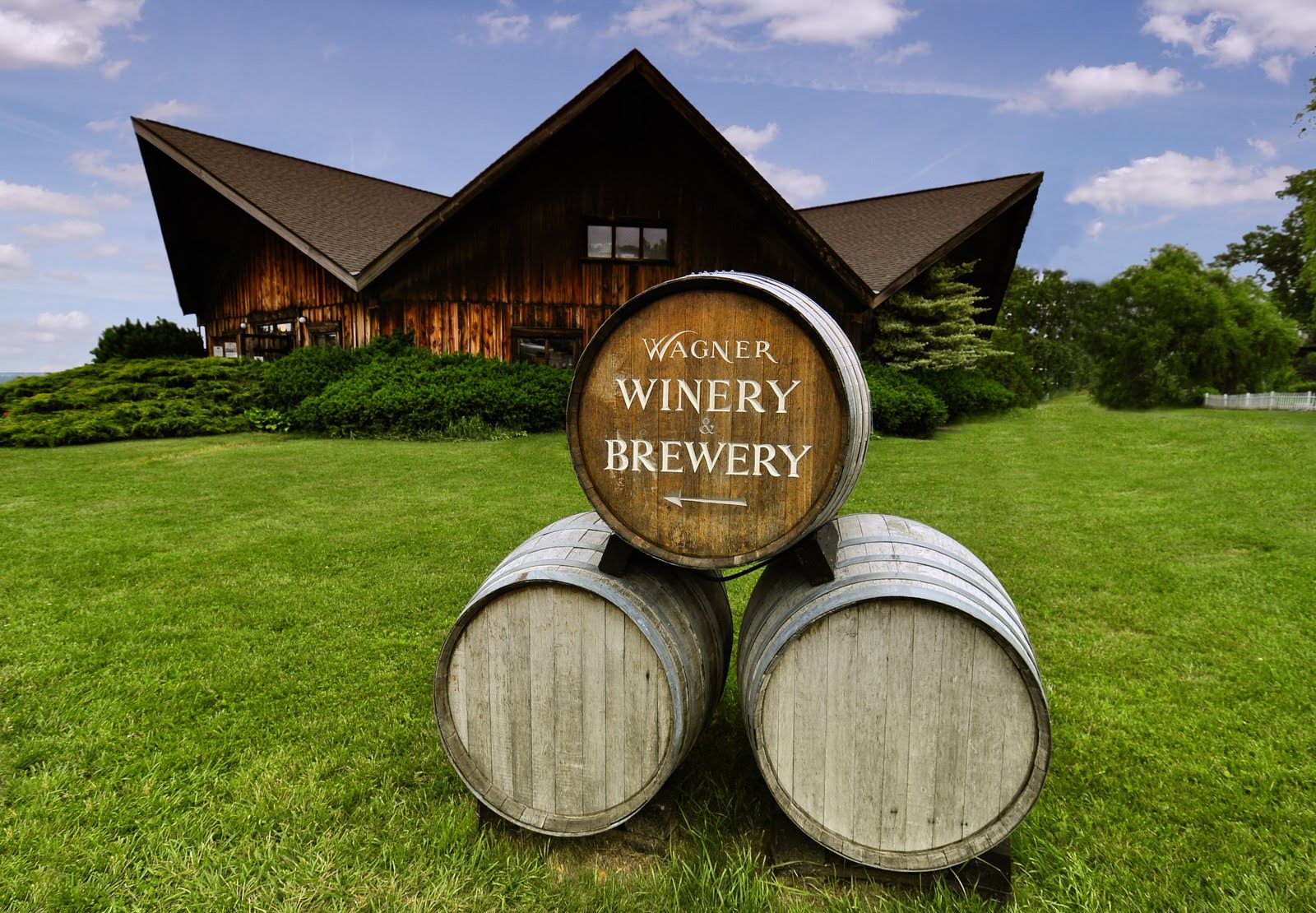
The wine industry has been criticized for its homogeneity since its inception. A space that has felt reserved for the white and wealthy is working to become more diverse, equitable, and inclusive. Diversifying the wine industry includes creating an environment that’s hospitable and enjoyable for all and Wagner Vineyards is a local changemaker working towards diversifying the wine industry.
Wagner Vineyards Estate Winery in Lodi, New York has been producing award-winning wine since 1979. For five generations the Wagner family has grown grapes on the eastern slope of Seneca Lake. The wine-and-spirits world is beginning to make efforts to address previous failings and bring members of previously underrepresented communities into the fold. Co-owner John Wagner understands why combating the implicit biases that become barriers to creating an inclusive business.
We all have an unconscious need to categorize people. Implicit bias is the automatic association between marginalized groups and stereotypes. For example, Black people are poor or women are weaker than men. Since 2019 Vice President of Brand Development at Wagner Vineyards, Alex Jankowski has been working to break the barriers keeping marginalized people from joining and enjoying the wine industry.
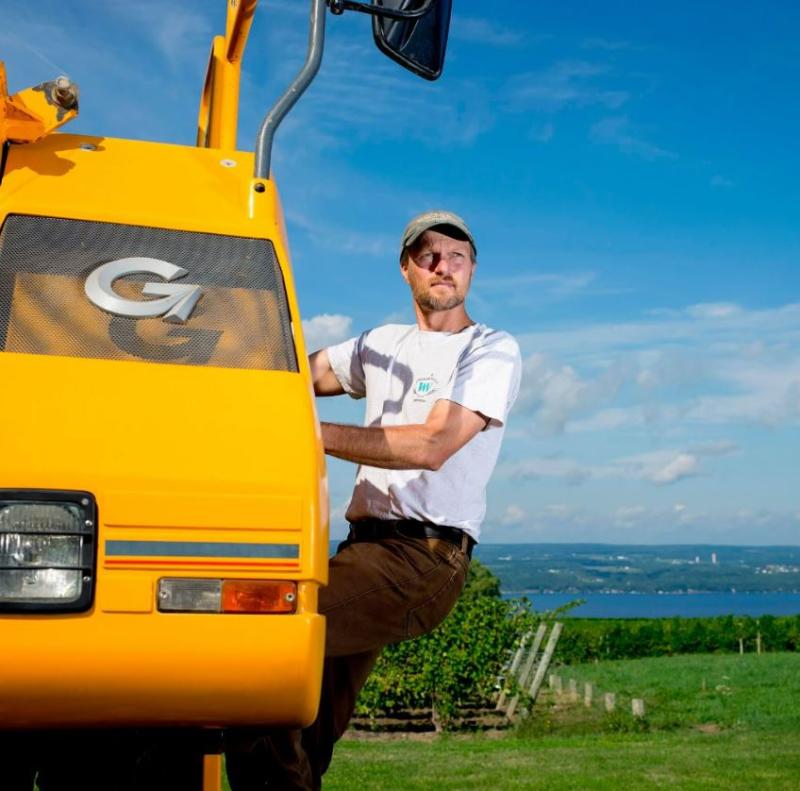
“A community can grow and flourish only if we continue to adapt to the environment and climate we find ourselves in today.” – John Wagner
What is an estate winery?
John Wagner: A 100% estate-bottled winery is a winery that makes wine solely from grapes grown on its own farm. Because we grow all of the grapes used in our wine, we have complete control over all of the viticultural practices employed throughout the growing season as well as all harvest decisions. Decades of working with our same vineyard blocks have given our team unique insight as to how these grapes perform in the winery.
How have you seen the culture of the wine industry changing since Wagner’s inception in the 1970s?
JW: The wine industry in our region has changed immensely since we opened our doors in 1979. Back then, my father, Bill Wagner, and other pioneers in the area went out on a limb to try and create something new. The Finger Lakes did not have the reputation it does now, where we see educated wine lovers from all over the world coming through our tasting room. In the ‘70s, it was a real challenge to be taken seriously, and it was a great effort to get our wines in front of influential people and publications.
How has this influenced you, not only as a legacy winemaker but also as a native of the region and a longstanding citizen of your community?
JW: I have great pride and reverence for those who came before me and put down the roots of what we are cultivating today. Farming is a humble yet ever-changing industry, so it’s important to pay homage to those who dedicated their lives to the craft while also keeping my eyes and ears open to ideas from newer generations. A community can grow and flourish only if we continue to adapt to the environment and climate we find ourselves in today.
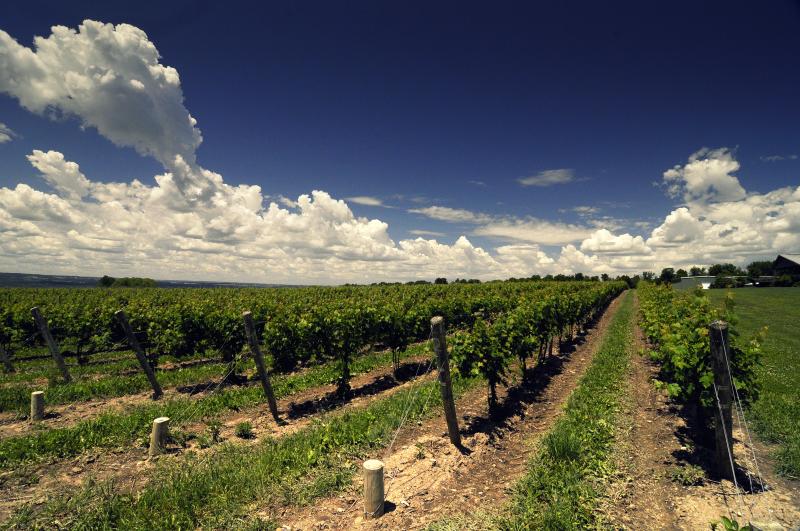
There is no question that your award-winning wines are beloved by its fan base, new and old. Aside from being known for your quality wine, and your commitment to the same, what else do you want people to know about Wagner Vineyards as a wine institution, but also about you as a leader in the industry?
JW: You need quality grape-growing to produce quality wine. For us, quality in the vineyard means growing grapes that ripen to the levels we seek and doing so in a sustainable manner that is not harmful to our soils. My family has grown grapes here on the eastern shore of Seneca Lake for five generations, and we take our role as stewards of the land seriously. Recently we were asked to be a part of a pilot program for the New York Wine and Grape Foundation’s Sustainable Vineyard Certification Program. We worked with other growers around the state to define the term “sustainable” as it relates to our climate, geography, and grape-growing practices. We are very proud to say we’ve passed the program and our farm is Certified Sustainable. My family continues to live and work on our farm and we have a great reverence for the land.
There is a lot of talk about the importance of diversity and inclusion in the wine industry, but Wagner Vineyard has taken steps to be very clear and transparent about your commitment to DEIA, in a way that has set you as a leader for the region. Have you noticed the impact of that? How has this experience been for you as a business owner, but also personally?
JW: Wagner Vineyards has always been accepting of everyone; both customers and employees. What we’ve realized over the last few years, though, is that we needed to be more direct and public in making this philosophy known. Since we made that decision, we have seen a positive impact, as more people have felt our doors are open to them and there have been a lot of important and impactful conversations among our staff, including me. During our “Challenging Unconscious Bias” workshop, we discussed scenarios that forced us to look at things from other perspectives. I learned a lot and heard experiences from members of our staff that taught us ways we can be a more inclusive business. We aren’t perfect – nobody is – but we are continuing to learn and challenge ourselves to be better. DEIA can only be successful if the staff of a business knows and understands the priorities of the owners of the business. Through ongoing discussions and training, we are striving to reinforce to all how important these DEIA principles are to us as owners.
Now a little bit about the wine itself. Besides expecting a welcoming, safe, family-friendly, and fun environment in which to enjoy wonderful wines (and juices and root beer), as well as beers, what else should visitors expect to see in the coming months from Wagner?
JW: Like every year it seems, we have so much on the horizon this year. Our Sunset Music Series will be back in full swing every Friday night from Memorial Day through Labor Day. Our restaurant, the Ginny Lee Café, is celebrating its 40th anniversary this year. Our brewery, Wagner Valley Brewing Co., continues to grow and thrive under our new head brewer, Alex Linde. The winemaking team, Kevin Lee and Jessica Johnson are hard at work translating an exciting 2022 growing season into the next vintage of excellent wines. We have a new 10-acre vineyard block of Cabernet Franc that should be coming into full bearing this season. As you can see we have a lot planned, and we are all looking forward to an exciting 2023 season!
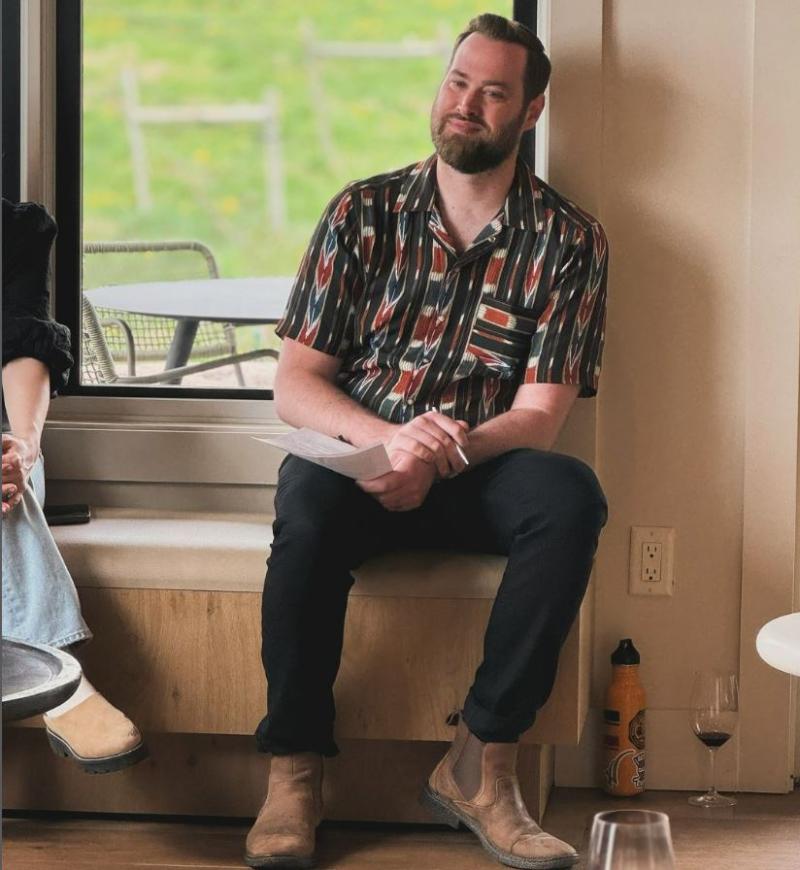
“Don’t let fear of making a mistake lead to trepidation and, ultimately, silence.”
– Alex Jankowski
How and why has Wagner made diversity and Inclusion a priority?
Alex Jankowski: If it’s an organization’s philosophy, then it has to be a priority. That is the best way to stay true to our mission and hold ourselves accountable. When we decided to make our first public statement – following the murder of George Floyd – the most reassuring moment for me came immediately after, when John asked me: “Ok, what do we do next?” It’s been paramount to us to never feel like we’re just checking a box, but instead that we are challenging ourselves to reckon with the privileges some wield in our industry – and the disadvantage it puts others at.
What are some of the ROI you’ve seen since being more intentional about inclusion?
AJ: It’s opened up numerous opportunities for us. We have since collaborated with several organizations and charities who were eager to work with us and helped introduce us to communities who welcomed our message. We’ve implemented changes to our protocols for recognizing and handling situations that could arise in our facilities. Those changes might not directly translate to sales, but it’s important to us that our staff knows there are structures in place to handle these scenarios and you have the support of our owners and managers when you’re fostering an inclusive environment.
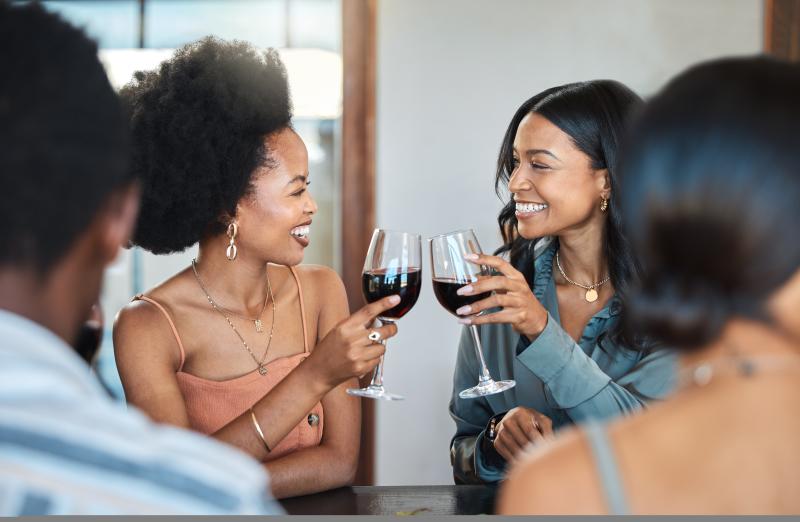
Can you share ways other wine brands can be more inclusive and diverse in business and marketing?
AJ: Be intentional. Seek diverse representation on your team and in your tasting rooms. Don’t let fear of making a mistake lead to trepidation and, ultimately, silence. It’s been my experience that if these truly are core tenets of your business, your earnestness will show. Be willing to put yourself in new environments and speak to different groups of people. Meet them where they are and trust it will open more doors.
What’s the best starting point?
AJ: Honest conversations with the major stakeholders of your business. You need support from the top. If you are at the top, understand that your continued support and willingness to educate yourself is a crucial component of this. If you are not at the top but want your company to take more steps in the DEIA space, start a conversation internally with a manager or owner. Don’t assume the reason there hasn’t been progress is because they’re against it. Come with your convictions strong and your capacity for understanding open. Change might not come as quickly as you’d like, but every step forward takes you closer.
Suggestions on how to diversify the wine industry.
AJ: For someone like myself, it’s knowing when to be a supporting member and not at the head of the table. I politely disagree when someone refers to Wagner Vineyards as a leader when it comes to DEIA in the industry. Don’t get me wrong: I’m proud of the work we’ve done and the path we are on. But that has to come with the recognition that people from traditionally marginalized communities have been saying these things and demanding change for generations. So it’s on those of us who hold positions of influence – however moderate – to look inward and do what we can to amplify others.
What are your goals for the future when it comes to creating a more representative industry?
AJ: I can wax poetic on the magic of winemaking and grape-growing for hours. A 10-inch baby vine burrows roots that grow 4-6 feet into the soil and spends the next four decades producing fruit that yields a liquid so complex it never tastes the same way twice. That is engrossing and ripe for exploration. Knowing there are barriers keeping people from being their authentic selves and joining us on this journey tarnishes that light. It’s on all of us to try and make it right.